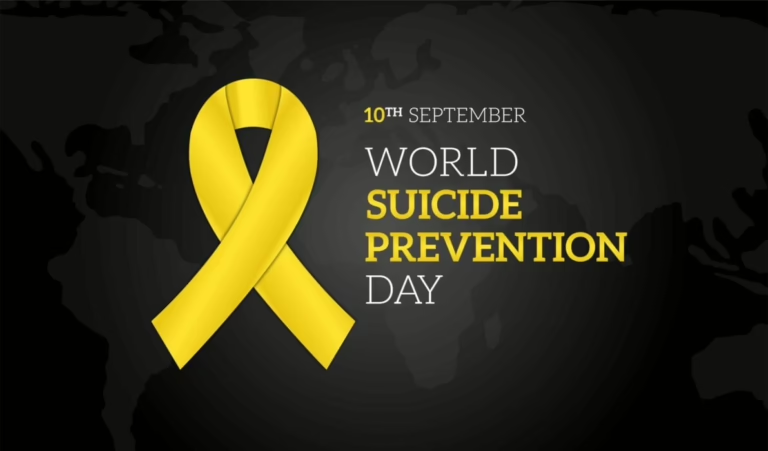Every 40 seconds, a life is tragically lost to suicide somewhere across the globe. Each statistic represents a profound story of suffering, unspoken pain, and often, societal judgment. In Nigeria, home to over 200 million people, the challenge of mental health is staggering. Approximately 50 million Nigerians grapple with mental health disorders, yet most endure their struggles in isolation.
Despite these distressing numbers, mental health care remains critically overlooked within Nigeria’s public health priorities. According to the World Health Organization (WHO), over 75% of Nigerians affected by mental, neurological, and substance-related conditions do not receive any form of treatment. This gap is fueled by cultural taboos, insufficient healthcare infrastructure, and the legal ramifications of attempted suicide, which is still criminalized under Nigerian law.
The true extent of suicide in Nigeria is obscured by silence and underreporting. The World Bank reported a suicide rate of 9.5 per 100,000 people in 2016, which escalated to 15 per 100,000 by 2018. Mental health experts warn that these figures likely underestimate the reality due to stigma and lack of accurate data collection.
Depression stands out as the most significant risk factor for suicide. Professor Taiwo Obindo, President of the Association of Psychiatrists in Nigeria, highlights that nearly 90% of individuals who attempt suicide suffer from mental health disorders, with 80% of these cases linked directly to depression.
The ongoing economic difficulties and rising insecurity in Nigeria have intensified mental health challenges, leaving many citizens vulnerable to stress, anxiety, and social withdrawal.
Internationally, World Suicide Prevention Day is observed on September 10 each year to raise awareness and promote the message that suicide can be prevented. The theme for 2024-2026, “Changing the Narrative on Suicide,” resonates deeply in Nigeria, where misconceptions and stigma continue to hinder progress.
The International Association for Suicide Prevention (IASP) emphasizes that fostering open dialogue and compassion is crucial. Contrary to common fears, discussing suicide does not increase risk but rather opens doors to support and recovery.
In response, Nigeria’s Coordinating Minister of Health and Social Welfare, Professor Ali Pate, has announced intentions to decriminalize attempted suicide as part of the National Suicide Strategic Framework (2023-2030). This initiative aims to shift from punitive measures to supportive interventions, enhance mental health service accessibility, and align national policies with global standards. Professor Pate notes that young people aged 15 to 29 are disproportionately affected, representing 40% of suicide deaths across Africa.
Mental health advocates stress the urgency of repealing the outdated colonial-era law that penalizes attempted suicide. Professor Taiwo Lateef, a former president of the psychiatrists’ association, describes this legislation as a significant obstacle to seeking help.
“Criminalizing attempted suicide only deepens the stigma faced by vulnerable individuals,” he explains. “WHO estimates Nigeria experiences around 16,000 suicide deaths annually, predominantly among youth. This is a public health emergency demanding immediate action.”
Globally, suicide claims over 720,000 lives each year, leaving families and communities shattered. In Nigeria, prevention programs remain under-resourced, but experts agree that meaningful change is achievable through destigmatization and improved access to care.
Simple yet impactful measures-such as offering nonjudgmental listening, regularly checking on loved ones, and fostering environments where people feel safe to share their struggles-can save lives. Encouraging self-care habits like sufficient rest, physical activity, and stress reduction also plays a vital role.
Above all, compassion is the cornerstone of suicide prevention.
“Empathy is where prevention begins. When individuals feel heard and supported, it can transform their outlook and provide hope,” affirms Professor Obindo.
As the global community advocates for a shift in how suicide is perceived and addressed, Nigeria stands at a crossroads: to break the silence, challenge stigma, and create a mental health system where hope is not merely a word, but a lifeline for those in need.

















